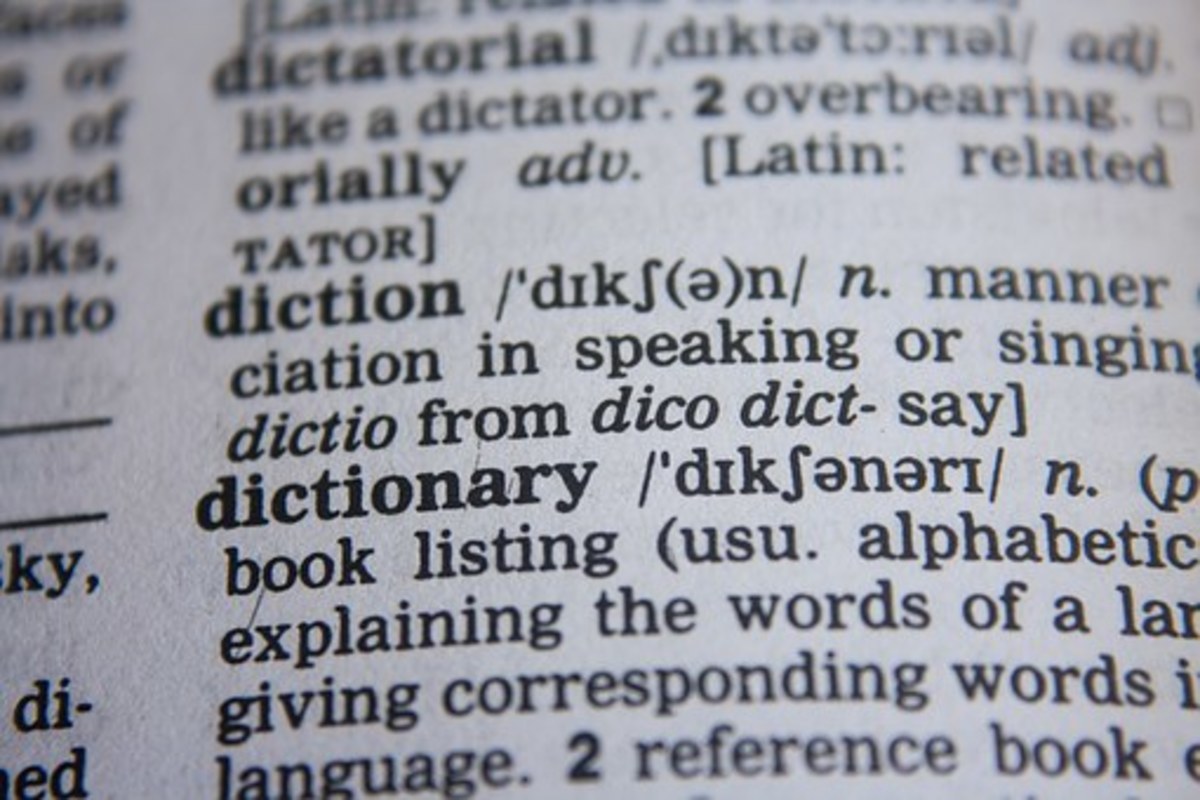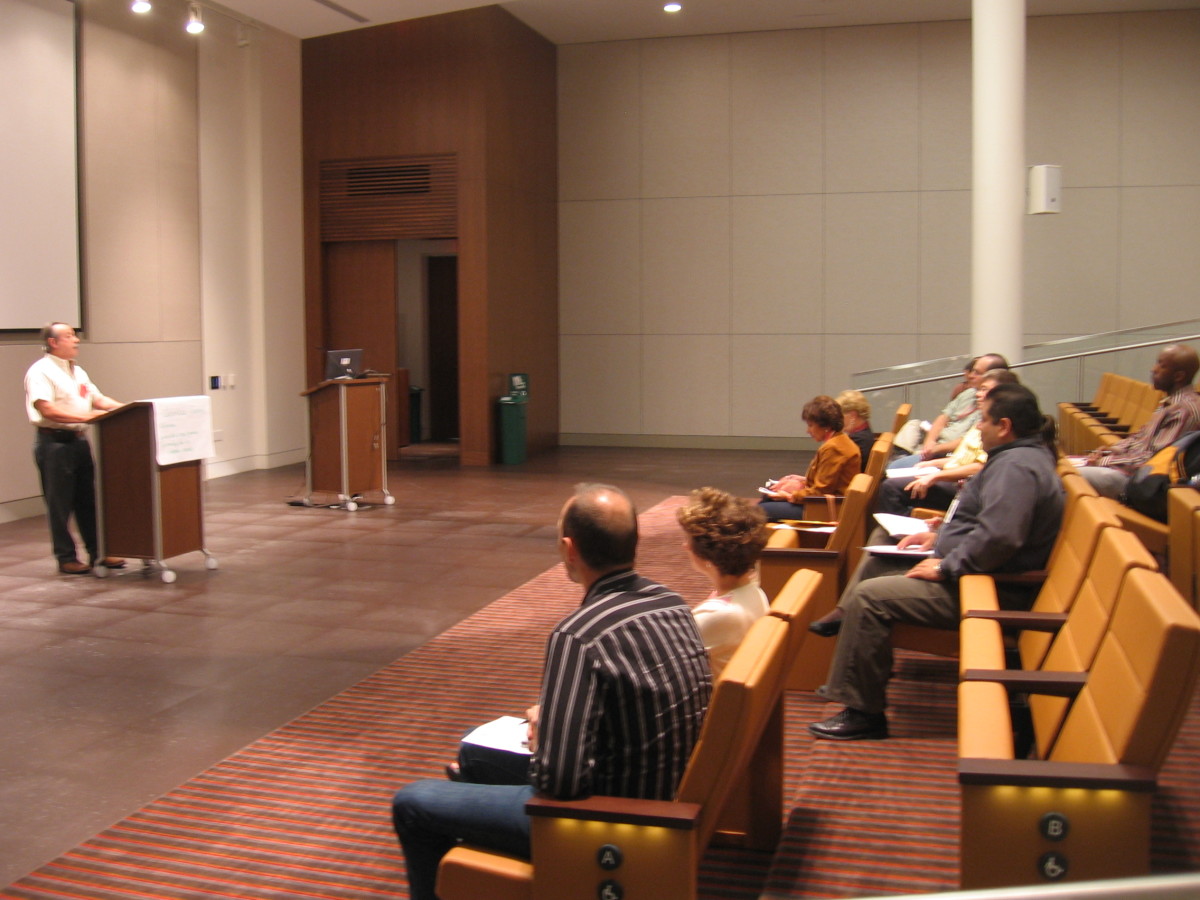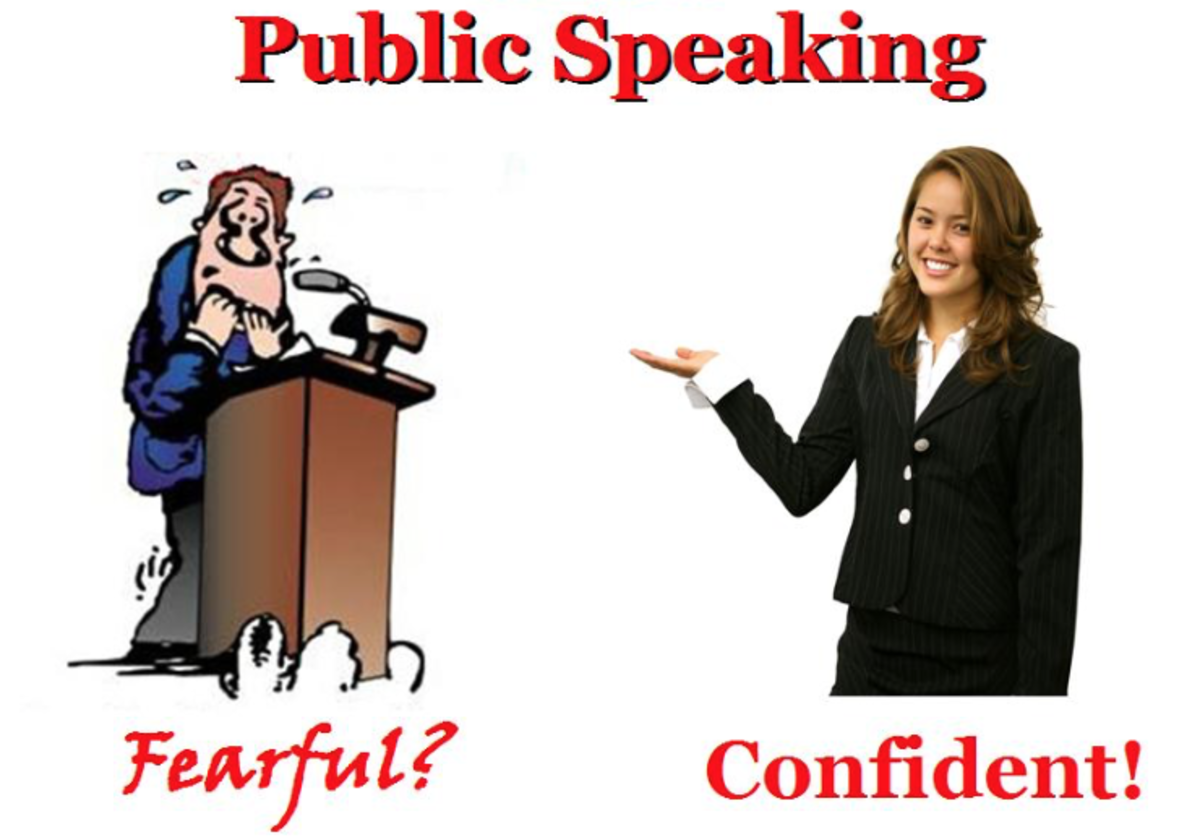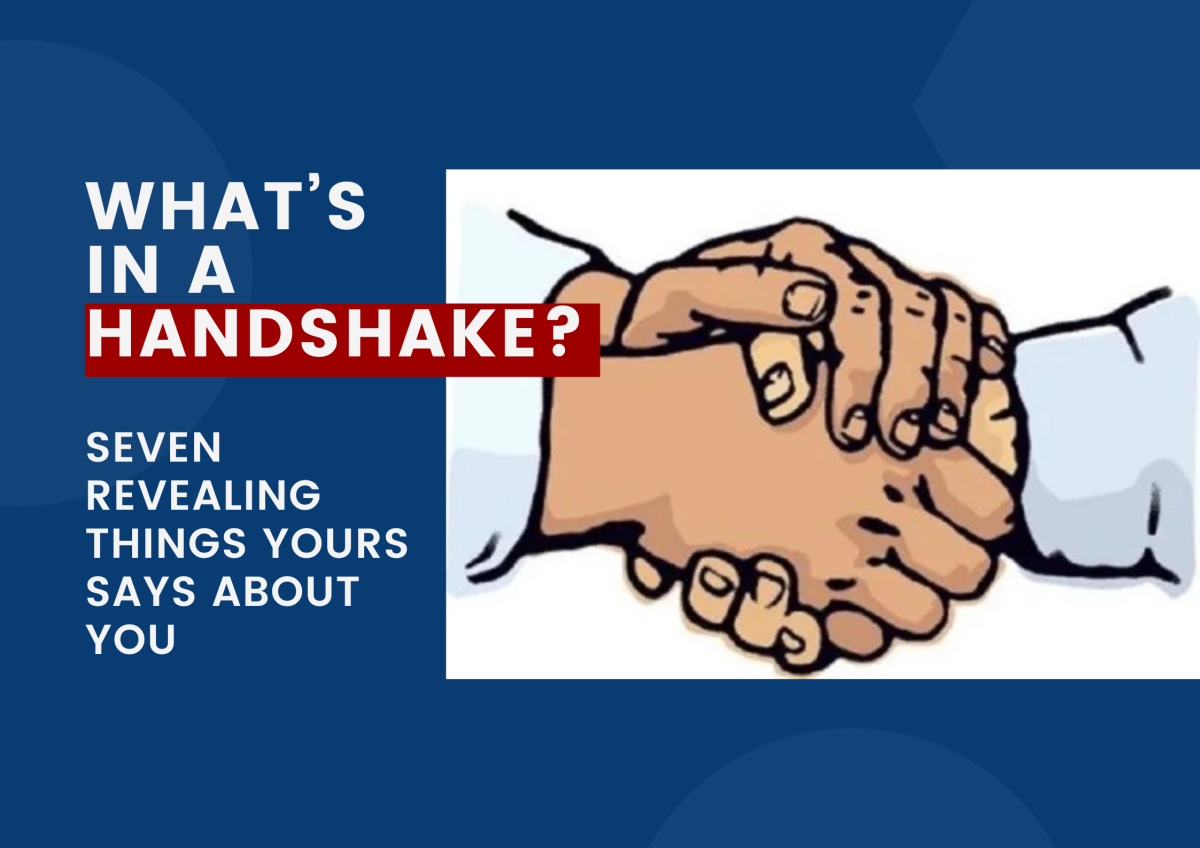Common Speaking and Writing Errors
12 Tips to Help You Speak and Write Better
Common Speaking and Writing Errors
There are several errors you may make that cause others to judge you. You may think that it doesn’t matter (“it don’t matter”) and that you are speaking and writing just like everyone else, but . . . what if you’re wrong? What if others are making certain negative assumptions about you either consciously or unconsciously? You can raise your grammatical intelligence by making a few adjustments. I taught grammar (English and Spanish) for over 30 years so you can trust this information.
#1 – It does matter You wouldn’t say “it do not”, so why do you say “it don’t”? Don’t is a contraction of do not. We hear “it don’t matter to me” all the time, but that doesn’t make it right. “It don’t” is wrong!
#2 – Less vs. fewer Almost all store signs get this wrong. “10 items or less” should be “10 items or fewer”. Use less for uncountable things: less weight, less meat, less help, less salt, less water, less air, less money. If you can count the items then use fewer: fewer people, fewer calories, fewer wars, fewer coins, fewer men, fewer errors.
#3 – Bad vs. badly Never say that you feel “badly” about something. You should feel bad about making this mistake. Without getting into the grammatical explanation, let me just say that you wouldn’t feel “goodly” so don’t feel “badly”. It’s wrong, wrong, wrong. Now I feel bad that I pointed this out. Oh, I feel so bad now. Do you feel bad? Keep repeating: I feel bad about it.
#4 – a lot This is simple. “A lot” is two words, not one. Just like “a little.” I bet you don’t make that error.
#5 – all right Another simple one: All right not “alright,” after all you don’t write “alwrong,” do you?
#6 – Being that Never say it. Instead use “since.” If you start a sentence with "Being that," start coughing and then start your sentence over with "Since."
#7 – Woulda, coulda, shoulda Ha, ha, funny. You know that this is wrong, but is it “would of” or “would have?” If you would have known, you could have avoided this error. Well, you should have been taught this in school. The contractions are would’ve , could’ve, and should’ve, so it’s obvious how the mistake got started. Don’t feel bad. (Get it? Don't feel bad.)
#8 – saw vs. seen Never say “I seen.” It’s “I saw” or “I have seen.” (Or I would have seen, could have seen, should have seen this coming . . .)
#9 – lie vs. lay I’d love to explain intransitive verbs vs. transitive verbs, but you read down this far so I’ll keep it simple: You lie down. You lay something down. If you’re just talking about yourself or someone else then use “lie.” I'm going to lie down now. She's lying on the couch. If you or that someone else has an object in hand, then lay it down. I'm going to lay the baby down now. She's laying her stuff on the counter. (Transitive verbs take an object, sorry, couldn’t resist.) So, should you tell your dog "Lie down?" Yes, sit, stay, lie down. Good boy.
#10 – yourself Ah, reflexive objects, just look in the mirror – I see myself, you see yourself, he sees himself (there is no such word as “hisself”), she sees herself, we see ourselves (there is no “ourself,” it’s plural, duh), they see themselves (not “themself," autocorrect catches this when you type).
This seems obvious, right? Hold on! I hear people answer the “how are you” question with “Fine, and yourself?” WRONG! Please, please, please, it’s “Fine, and you?”
I also hear people say things like “You can give the form to my secretary or myself.” Wrong! Give the form to me.
Have you said anything like this?: “Myself and a few others will meet you there.” Here’s where I want to scream “I”!!!! , it’s “The others and I will meet you there.”
Use the reflexive pronoun (the word that ends in self or selves) only when it matches up to the subject (just like in the mirror).
#11 – nauseous vs. nauseated You are never, ever nauseous. Never say that you are nauseous because you would be insulting yourself. Gas fumes are nauseous, skunk squirt is nauseous and maybe the boys’ locker room is pretty bad smelling, too. If you feel sick to your stomach, you are nauseated, not bad smelling.
12 – the correct use of apostrophes I wrote a whole hub on apostrophes so check it out. The short version is: use apostrophes for contractions and showing that letters are missing (can’t, ‘til) and for showing possession (John’s book, the men’s room). Don’t use apostrophes for making plurals (except for a few exceptions like numbers, symbols, letters and “words” as words: There are two 6’s, four &’s, seven A’s and I also used twelve and’s in the paragraph.)
For The Correct Use of Apostrophes see my hub: http://hubpages.com/hub/How-to-Correctly-Use-Apostrophes-in-Your-Writing
For The Correct Use of Reflexive Object Pronouns see my hub: http://hubpages.com/hub/How-to-Correctly-Use-Reflexive-Pronouns-in-Writing-Speaking
Debra Chapoton, author of over twenty books and novels, fiction and non-fiction. Check out her website.








